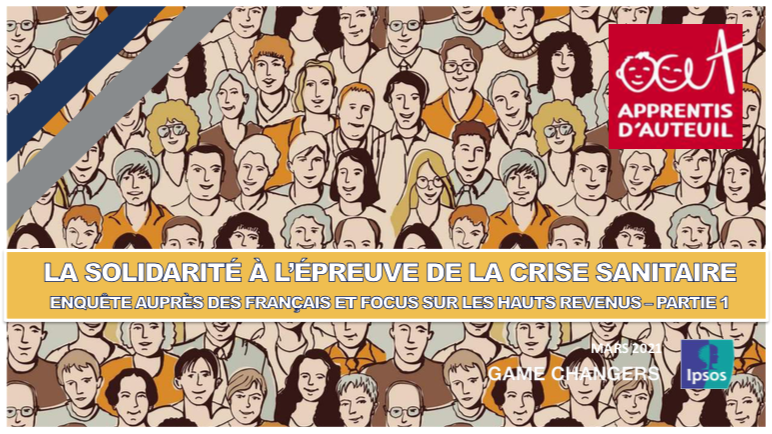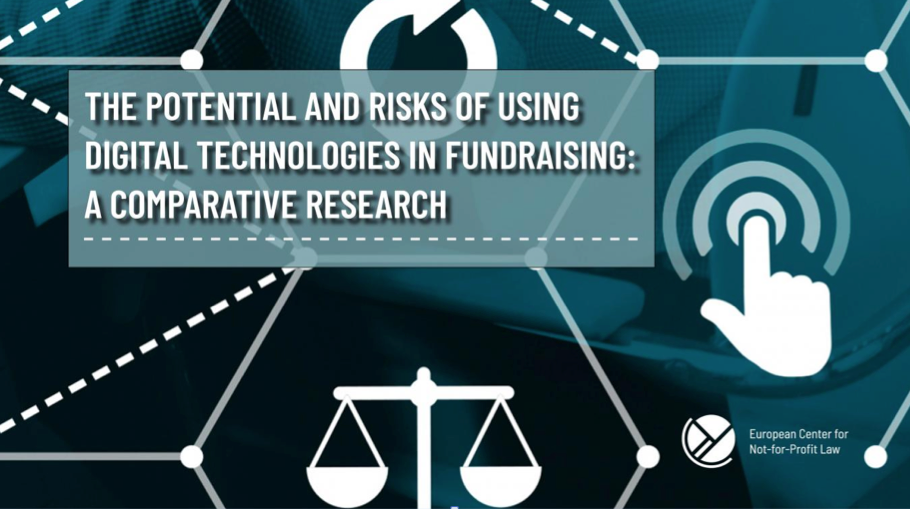
French desire to donate remains undaunted but solidarity with others slips
May 12, 2021
Opportunities & risks of using digital technologies in fundraising examined in new study
May 12, 2021New insights have been revealed into how wealthy young donors in the UK approach philanthropy. The findings are shared in a report published by The Beacon Collaborative, in partnership with Savanta.
The Young Givers report establishes that wealthy millennials may be frustrated about bigger issues, but they generally don’t connect their giving with systems change, and that they know less than you might expect about the complexities and workings of the charity ecosystem. Donating is often in the moment and they are not currently seeking long term engagement
Wealthy millennials often use the word “impact” to describe their own experience and professional goals. But when charities use this word, it means something different to them.
Giving is not a core part of their identity though some see it as playing a role later in life. It can be intensely personal and therefore difficult or ‘awkward’ to talk about. However, there is an intrinsic sense of pride in their giving even if they rarely articulate this publicly.
Individual fundraising however is completely different and they are very willing to talk about events and sponsorships that they have done to raise funds.
Giving by wealthy millennials is not structured and is more ad hoc. They typically connect with charities in three settings: through work, lifestyle activities and if they face a major life event
For wealthy young millennials, their time is money. They see volunteering as more valuable than a financial contribution, but that doesn’t mean they understand the financial value of their volunteering commitment.
The report intends to help fundraisers, wealth advisors and charity sector professionals better understand the needs of wealthy millennials and develop long-standing relationships with the next generation.
The research was funded by the Arts Council England, with the organisation’s director of philanthropy, Clare Titley, saying:
“We found that this group want to understand how their contribution is making a difference. They want to know where their money is going, and what causes cultural organisations are engaging with in their work. They also want to understand how giving can be meaningful for them, within the scope of their busy lives: how can they help you to do your best work, and how can they engage personally, through opportunities such as volunteering.”




